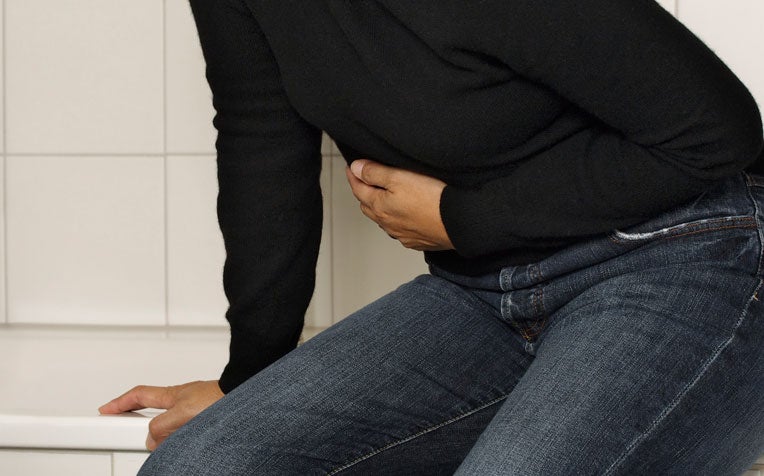
Abdominal pain or cramping, is one of the signs of miscarriage.
Miscarriages are fairly common in Singapore, with about 25 per cent of pregnancies ending in this way.
Most miscarriages occur before the 12th week of pregnancy because the foetus isn’t developing normally due to genetic or chromosomal disorders. A miscarriage that occurs after the first 12 weeks is a late miscarriage.
A study carried out by KK Women’s and Children’s Hospital (KKH) and Duke-NUS Graduate Medical School found the following risk factors for pregnancy loss:
- Older parents (mother above the age of 35 and partner above 40)
- A previous history of miscarriage
- A low blood progesterone (hormonal) level during early pregnancy
Medical conditions such as uncontrolled severe diabetes, hyperthyroidism or autoimmune disease also raise a woman’s risk of miscarriage. And stress and high levels of caffeine and alcohol intake can also be contributing factors, says doctors from the Department of Obstetrics & Gynaecology at KK Women's and Children's Hospital (KKH), a member of the SingHealth group.
Miscarriage: signs and symptoms to look out for
Most common signs and symptoms of miscarriage are:
- Spotting or vaginal bleeding
- Fluid/tissue passing from the vagina
- Abdomen pain/cramping
- Dull pain in the lower back
It is important to note that any one of these signs and symptoms on its own does not necessarily mean that you will miscarry. For instance, it is actually common to experience a dull backache throughout the entire pregnancy.
However, if you experience persistent bleeding or if the bleeds are associated with pain, it may indicate an underlying problem. It is then imperative that you seek medical attention so that the necessary investigations can be performed.
Your doctor is likely to ask you for the following details:
- The colour of the blood (dark or bright red)
- The quantity of blood (from just a smear to soaking through pads)
- The type of pain, if any
- Whether you had sex recently
The cause of your bleeding and cramping could be something as simple as the embryo implanting itself into the lining of the womb, which occurs around the fifth week of pregnancy. Or it could be something more serious. It is always best to get advice from a doctor.
You can have a baby after a miscarriage
A miscarriage doesn’t mean that your next pregnancy will also end in the same way. Or that you will never be able to have a normal pregnancy. “Do not be discouraged by the miscarriage. You still have a very good chance of having a baby,” doctors share.
However, if you have had two or more miscarriages, your doctor may need to do some extra blood tests and scans to exclude autoimmune conditions with certain antibodies that can attack the foetus, causing miscarriage.
“Leading a healthy lifestyle helps to improve your chances of a normal pregnancy after a miscarriage. This means you need to stop smoking, stop or at least reduce your alcohol intake, exercise regularly, eat a healthy diet, reduce stress and ensure your weight is within normal limits.”
What to do after a miscarriage
Your doctor will confirm the miscarriage with a pelvic examination and an ultrasound. If the uterus is completely empty, no surgery is required. However, if there is some residual foetal or placental tissue in the uterus, you may be given antibiotics, and a clean-up surgical procedure called evacuation of the uterus may be performed.
If you want to plan your next pregnancy after your miscarriage, consult your doctor about how long you should wait before you try to conceive.
It is important to take folic acid as soon as you start trying to conceive, to help reduce the baby’s chances of having a spinal tube defect.
Ref: S13
Contributed by














 Get it on Google Play
Get it on Google Play